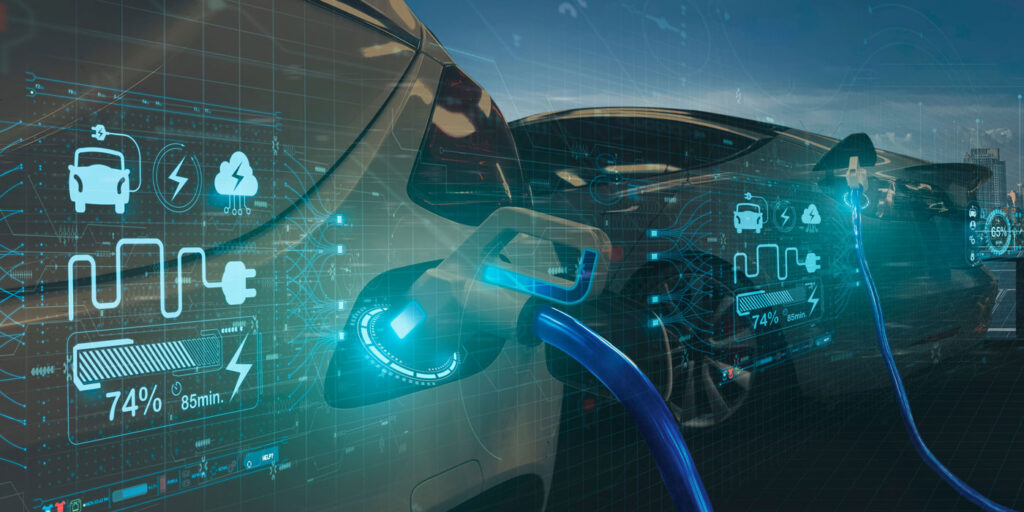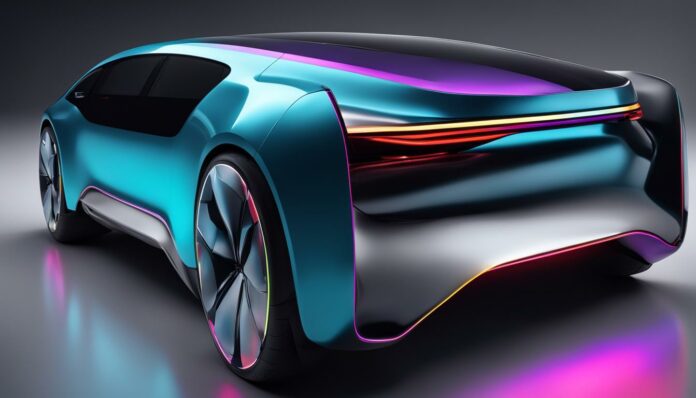Electric vehicles (EVs) have emerged as a promising solution to address environmental concerns and reduce dependency on fossil fuels. The future of electric vehicles is bright, with significant advancements and innovations driving the industry forward. One of the key trends shaping the future of EVs is the continued development of battery technology. Manufacturers are investing heavily in research and development to improve battery performance, reduce costs, and increase energy density. Solid-state batteries, which offer higher energy density and faster charging times than traditional lithium-ion batteries, hold promise for the next generation of EVs.

Another trend in the EV industry is the expansion of charging infrastructure. As EV adoption continues to grow, there is a growing demand for convenient and accessible charging stations. Governments and private companies are investing in building charging networks, including fast-charging stations along highways and urban areas. Wireless charging technology is also being explored, allowing EV owners to charge their vehicles without the need for physical plugs and cables.
In addition to technological advancements, consumer preferences are driving the adoption of electric vehicles. With concerns about air pollution and climate change on the rise, more consumers are choosing electric vehicles for their environmental benefits. EVs offer zero tailpipe emissions, reducing air pollution and greenhouse gas emissions. Additionally, EVs are quieter and offer smoother acceleration compared to traditional internal combustion engine vehicles, providing a more enjoyable driving experience.
Looking ahead, the future of electric vehicles is likely to be characterized by continued growth and innovation. With advancements in battery technology, charging infrastructure, and consumer acceptance, EVs are poised to become increasingly mainstream in the automotive market. Governments around the world are implementing policies to incentivize EV adoption, including subsidies, tax incentives, and emissions regulations. As a result, automakers are ramping up their EV offerings, with plans to electrify their entire vehicle lineup in the coming years.
In conclusion, the future of electric vehicles is bright, with ongoing advancements and innovations driving the industry forward. With improvements in battery technology, charging infrastructure, and consumer acceptance, EVs are well-positioned to play a significant role in the transition to a more sustainable transportation system.






















